What Is Public Health? Why Is It A Compulsion, Rather Than A Choice?
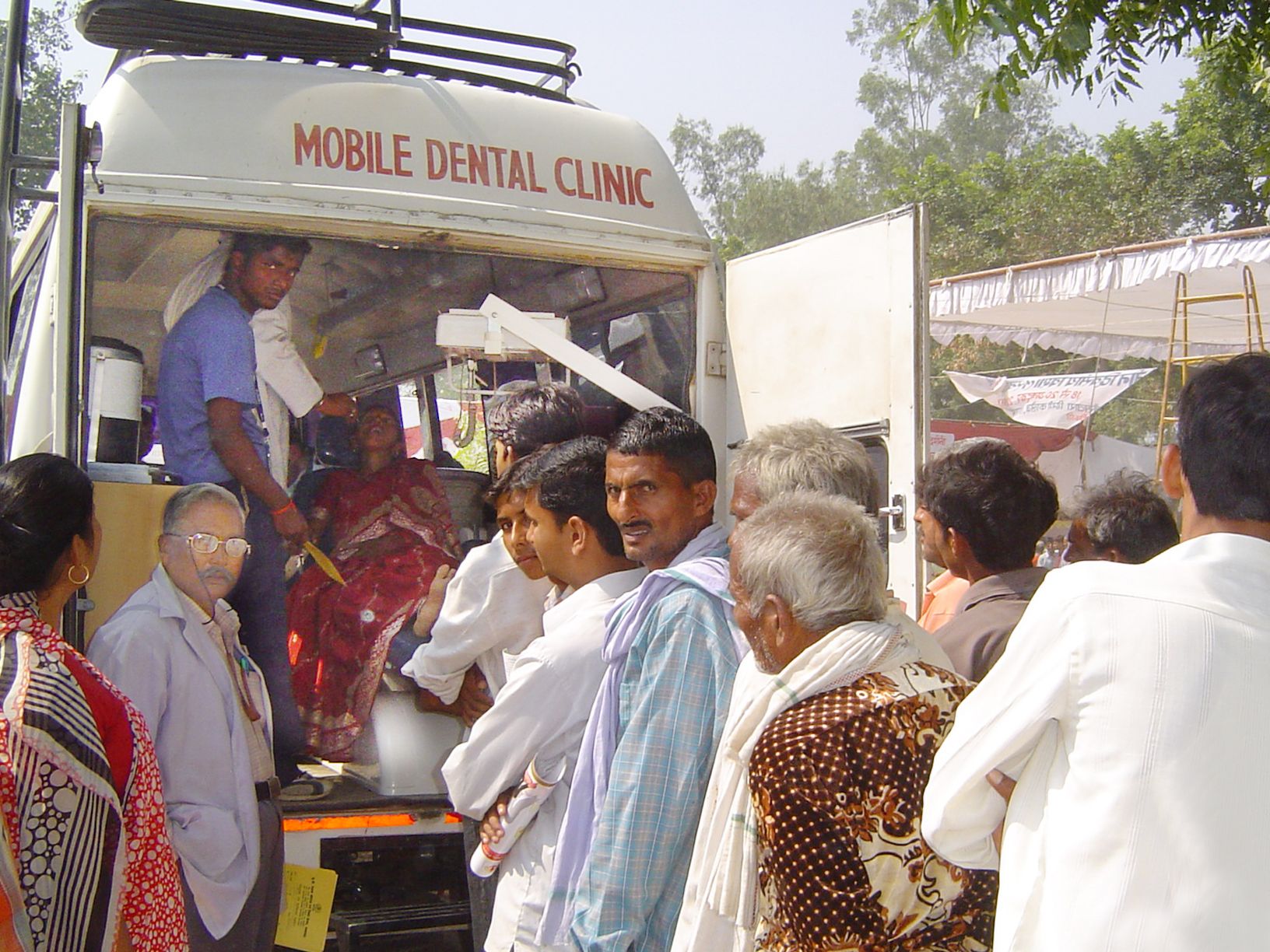
What Is Public Health?
Being healthy is a state of physical as well as mental well-being.
It is a state wherein one feels at “Ease”.
Hygiene & proper sanitation are one of the most major adjuncts in maintaining health.
However, public health revolves around a different axis.
What is public health? Public health defines the condition of the population residing in a particular area.
Certain diseases do not take much time to develop when the conditions for them to develop are favorable.
For example, in poorly managed unhygienic areas, diseases such as Malaria, Dengue & Typhoid are very common.

Public health defines the physical and mental well-being of a population, which may be of a particular society, area, city, or state as a whole.
It is often hard to be safe from all the diseases prevailing these days. But, it’s not impossible.
What do we do to keep our houses tidy? We simply make sure to clean our place by dusting as well as mopping every day.
The same principle is applied in maintaining the overall health of a population.
Due to increasing use of various substances, generation of garbage has been nearly increased by 3x. And let me tell you, almost 65% of total diseases are a result of poor management of the garbage.
We usually find garbage soiled up at some corners of some areas. These are the areas which hold 98% of mosquito and other insect population, which are the main carriers of most of the diseases.
Garbage has been and will be the most major source of infections.
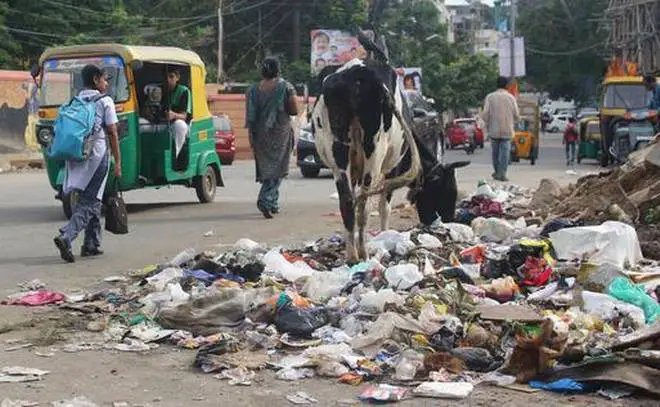
Household garbage, which usually consists of paper bits, vegetable leftovers, etc, is generally harmless.
However, when left in open, it may attract insects.
The garbage which is generated by hospitals is managed by utmost care.
The first process involves separation. There are certain color-coded bins and bags, which are used for disposal of selective items.
These bags and bins are then disposed of in specific areas, which are far away from the human population, after being properly sterilized and disinfected.
Certain diseases are as a result of poor habits of the patients themselves.
We all know that spitting in public places is the main hub for diseases such as Tuberculosis & some oral infections (Mostly Streptococcal & Staphylococcal)
If someone has contracted the Tuberculous Bacillus (Mycobacterium Tuberculosis), he/she continuous to shed the bacillus, even though they do not show any symptoms of the disease (Latent Period Of Disease).
In olden times, people hardly used to suffer from diseases.
This is because firstly, they maintained their immune system by regular workouts, nutritious diet & hygiene.
Secondly, everyone made sure that the surroundings are well sanitized.
However, this is not the case in the 21st century.
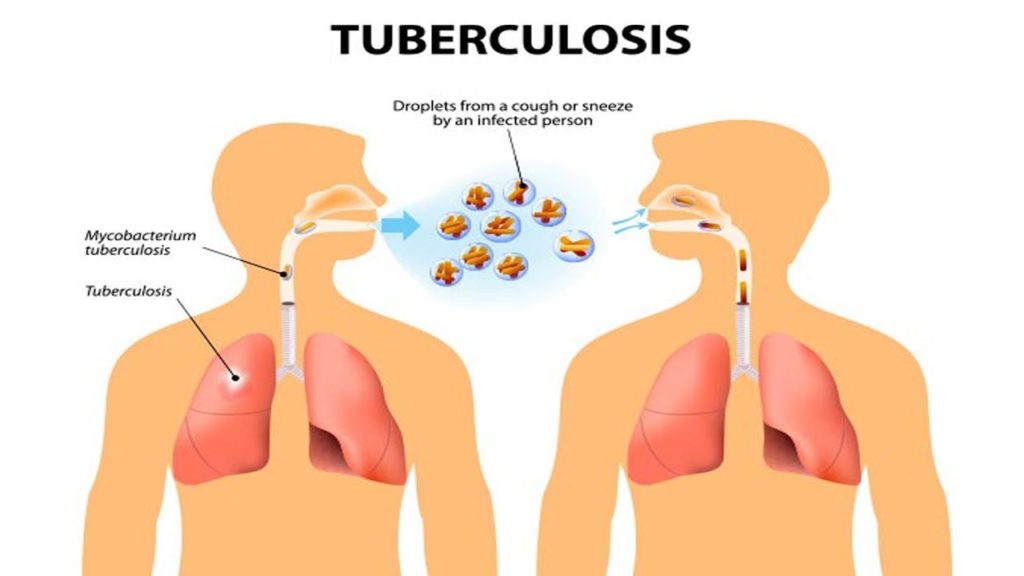
It’s the stage of “Me, Myself, & I”
One makes sure that he/she is clean & tidy, is well hygienic, but is least bothered about outside.
Our houses are always neat and clean, but our railway stations, bus stops, public parks & other places are always full of filth.
Aren’t we all aware that such acts are actually hazardous for us?
In spite of knowing this fact, we never seem to abide by the laws of cleanliness.
Owing to this fact, the Government Of India, under the guidance of our Honourable Prime Minister, Shri Narendra Modi, has started the “Swachh Bharat Abhiyaan” Campaign.
Following this, government officials, along with public support, maintain public places, railway stations, and bus stops.
Pest Control is started in corners and areas where mosquito colonies are suspected.
Water clogged areas are cleaned so as to prevent possible attacks of Malaria & Dengue.
Also, Government Of India has started free treatment of Tuberculosis in government hospitals.
DOTS is a free drug treatment for patients suffering from tuberculosis.
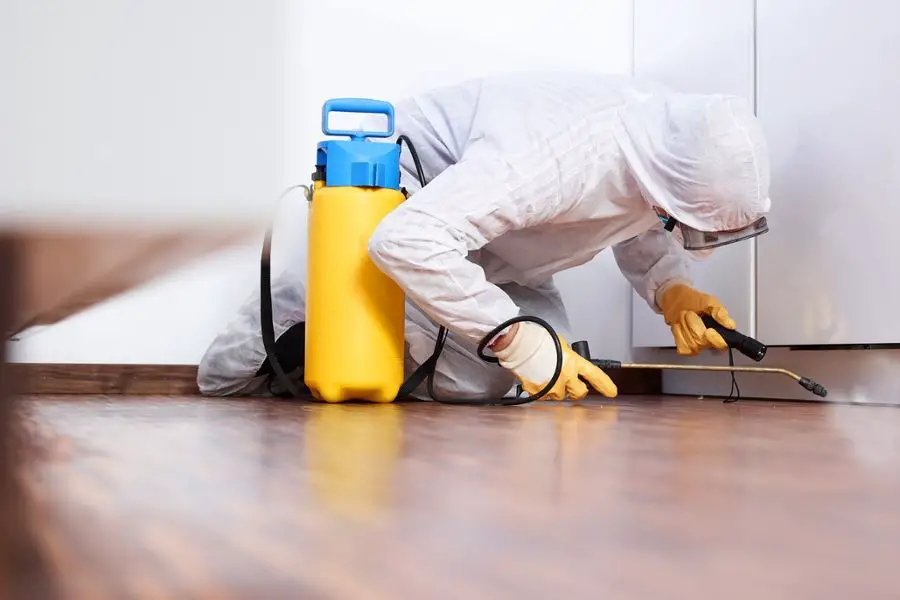
It has proved very effective.
Apart from this, our Government even arranges various vaccination campaigns to prevent probable epidemics of suspected diseases.
The Government of India has launched a vaccination programme, Universal Immunisation Programme, under which the following vaccines will be given:
- TB
- Diphtheria
- Tetanus
- Measles
- Hepatitis B
- Pneumonia
- Injectable Polio Vaccine
What is public health? And how do we work on it? Even though government organizations are working on maintaining public health, it ultimately depends on us: How do we play a role in maintaining proper sanitation, cleanliness, as well as good hygiene?
At a personal level, we can at least manage to do the following:
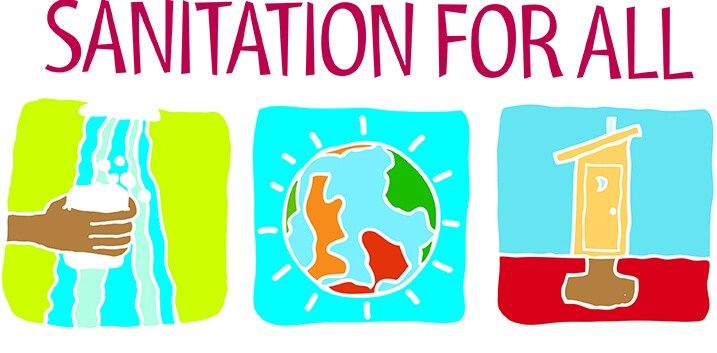
- Maintain sanitation
- Maintain personal as well as surrounding hygiene
- Do not litter
- Use a cloth while coughing or sneezing
- Do not urinate in open surroundings
- If diagnosed with a communicable condition, avoid going to public places as your disease may spread.
- Doctors are for your help. Do not hesitate to seek help.
The government is trying its level best. Are you?



